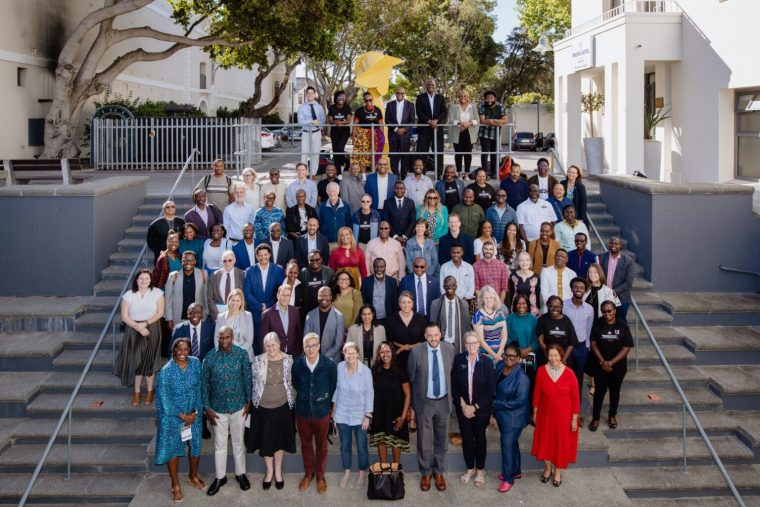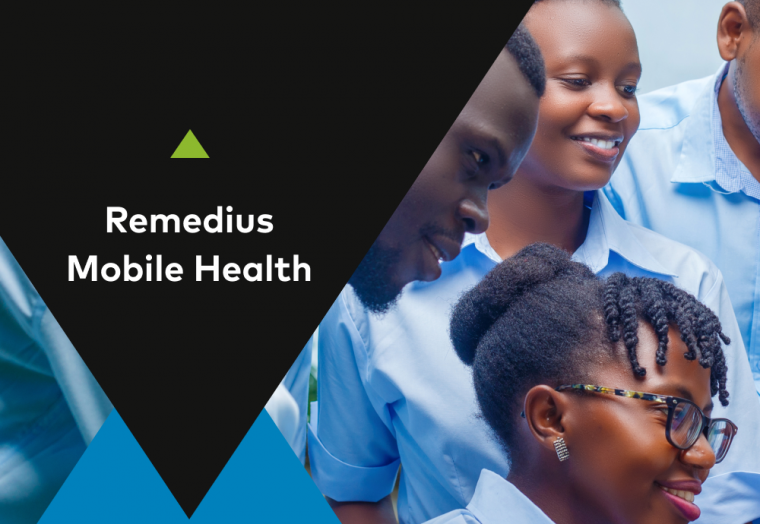Founders: Dr. Mwebembezi Joshua, Dr. Tayebwa Chrispus, Dr. Soro David and Dr. Ahabwe Rachel
The Africa Higher Education Health Collaborative, in partnership with the Mastercard Foundation, will be welcoming the Health Entrepreneurship (HENT) African Impact Challenge’s second cohort for their upcoming visit to Toronto, where they will continue their implementation phase through activities targeting business development, expanding entrepreneurial networks, and facilitating exposure to potential investors.
The University of Toronto’s Health Collaborative Internal Communications Working Group caught up with the ventures to learn more about the origins of their companies, what they’ve learned to date, and what is coming up next…
Remedius Mobile Health
Dr. Mwebembezi Joshua was inspired to start Remedius Mobile Health through a personal experience he had while completing an internship during his medical education. He noticed that patients faced many challenges when trying to access doctors and healthcare. They ranged from traveling long distances for minor consultations to waiting for 8 hours before seeing a doctor, to paying unreasonable amounts of money in the pursuit of treatment. Upon further research, he noticed that these were common problems in the healthcare sector in Uganda. He also noted that the average wait time was about two hours and that 33% of annual deaths are preventable and usually occur due to chronic illness resulting from the negligence of patients as they receive treatment.
Inspired to create a solution to these serious issues, Dr. Joshua created Remedius Mobile Health, with Co-Founders Dr. Tayebwa Chrispus (COO), Dr. Soro David (CTO) and Dr. Ahabwe Rachel (CAO). The venture aims to combat the identified problems by leveraging telemedicine through the Remedius Live platform. They seek to provide fast virtual appointment scheduling with doctors and specialists at affordable rates of about five dollars and provide comprehensive care to chronically ill patients. This is executed through an integral network of facilities that provide physical care to these patients if need arises.
What is the accomplishment to date that your team is most proud of?
“Development of our platform that is to launch Early June for validation & testing, obtaining the relevant compliance with the Data Protection Office & Ministry of Health & Uganda Medical Council & Dental Practitioners Council (UMDPC).”
If you could give advice to another founder getting started, what would that be?
“Maintain focus on your core offering to build expertise and a strong brand. Encourage open communication with your team, customers, and stakeholders. Embrace failure as a learning opportunity for growth and adaptation, remember, you only lose when you stop trying.”
In the near future, they are focused on establishing Remedius Health as a pioneering digital clinic, revolutionizing healthcare accessibility across Uganda and beyond. Their goal is to seamlessly integrate their telemedicine platform with a comprehensive array of medical services, creating a one-stop solution for patients’ healthcare needs. Additionally, they are actively forging partnerships with leading medical facilities, collaborating to extend their reach and enhance the quality of care provided. Through these strategic alliances, they aim to amplify the impact of Remedius Mobile Health, ensuring that individuals receive timely, affordable, and high-quality healthcare regardless of their location or circumstance.

You can learn more about Remedius Mobile Health
More News & Events
Skip scroller content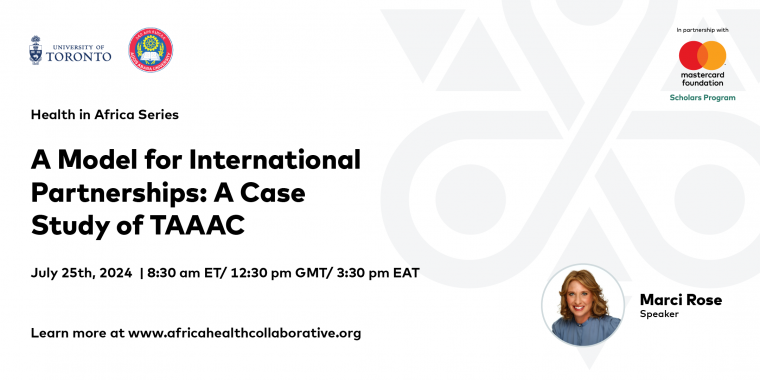
A Model for International Partnerships: A Case Study of TAAAC
The University of Toronto and Addis Ababa University are pleased to invite you to the next episode of the Health in Africa series discussing A Model for International Partnerships.
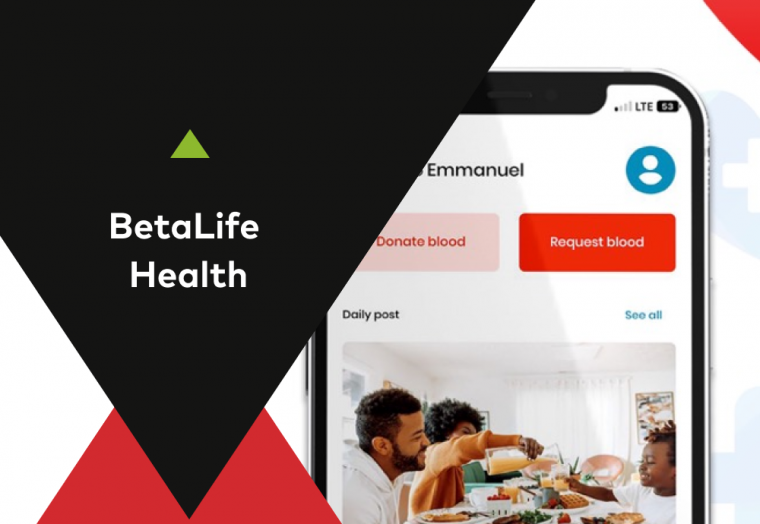
Venture Spotlight: BetaLife Health
BetaLife Health uses artificial intelligence (AI) to revolutionize blood supply management across Africa. Their platform uses predictive analytics to optimize blood inventory levels, distribution logistics and donor engagement, thereby improving the timeliness and availability of blood for transfusions.

Venture Spotlight: Powerstove Energy
Powerstove designs and manufactures smart smoke-free cookstoves that also self-generate electricity for users to charge their mobile phones and power home appliances using proprietary renewable bio-pellets as fuel. These sustainable, mosquito repellent bio-pellets are produced from post-harvest crops and wood waste.
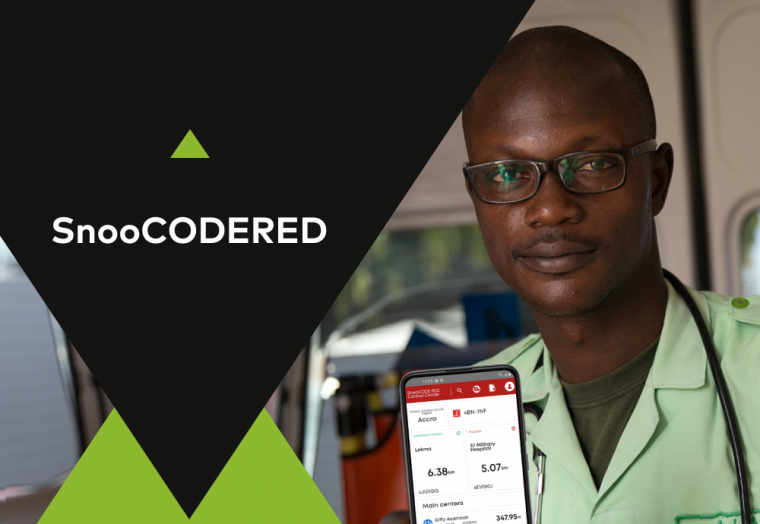
Venture Spotlight: SnooCODERED
SnooCODERED aims to solve the problem of inadequate healthcare infrastructure (systems, facilities and human resources) in Africa. It is doing this by providing a suite of cost-effective mobile healthcare logistics applications that democratize access to the ambulance or first aid response, facilitate the delivery of medical supplies to diverse populations, and improve contact tracing and epidemiological modelling.
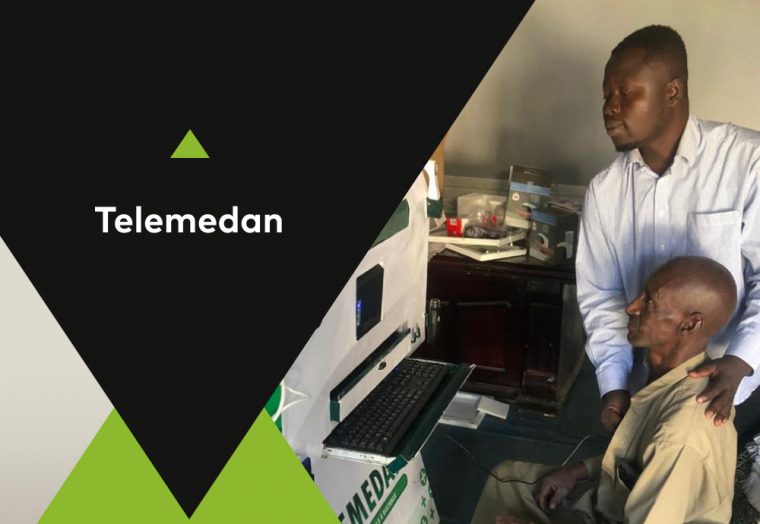
Venture Spotlight: Telemedan
Telemedan creates telemedicine kiosks in underserved communities in order to move toward closing the healthcare accessibility gap. Their kiosks facilitate video conferences between patient and doctor. They are equipped with medical devices for taking vital signs, such as ECG analysis, temperature measurement and blood oxygen saturation. Further, they feature stethoscopes, dermascopes, an HD camera and a scanner for the easy sharing of documents and lab results. With a focus on ease-of-access, Telemedan’s kiosks are user-friendly and accessible to those of varying levels of technology literacy.
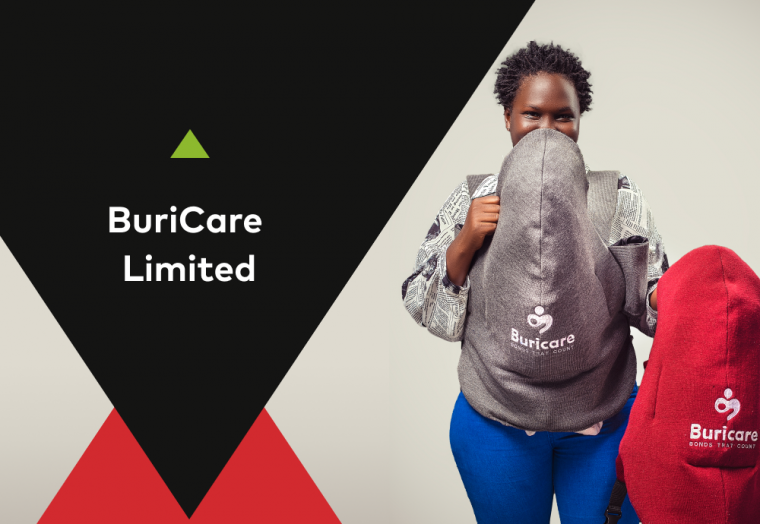
Venture Spotlight: BuriCare Limited
BuriCare Limited has launched their Kangacare baby carriers, designed to address the critical need for newborn care, especially in regions lacking adequate neonatal facilities. With only four Neonatal Intensive Care Units available in their country, Kangaroo Mother Care emerged as a cost-effective solution, promoting vital skin-to-skin contact between mother and newborn to regulate body temperature. These locally knitted carriers are equipped with essential sensors capable of monitoring the baby’s temperature, pulse rate, and oxygen saturation. In the event of any abnormalities, an alarm alerts the mother to seek immediate assistance.
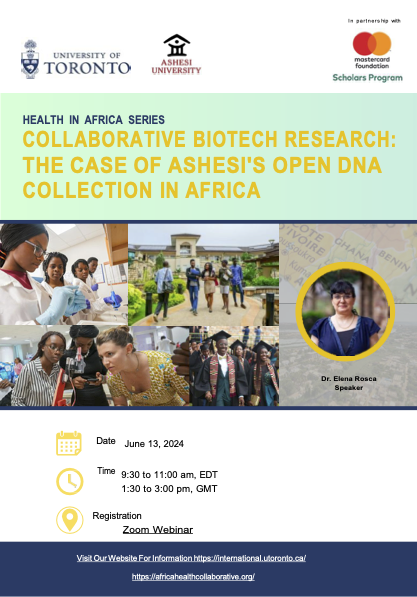
Collaborative Biotech Research: The Case of Ashesi’s Open DNA Collection in Africa
The University of Toronto and Ashesi University are pleased to invite you to the next episode of the Health in Africa series discussing Collaborative Biotech Research: The Case of Ashesi’s Open DNA in Africa.
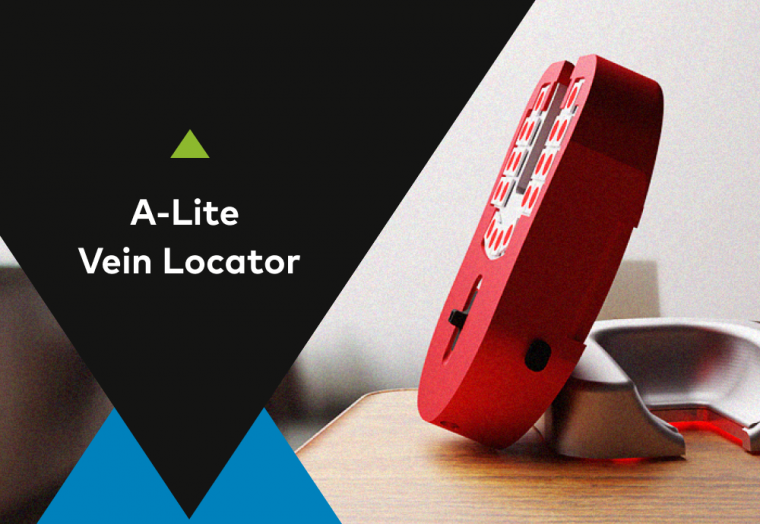
Venture Spotlight: A-Lite Vein Locator
The A-Lite Vein Locator is a medical device that facilitates the non-invasive detection of veins under the skin. Using the A-Lite Vein Locator shortens cannulation time by up to 88.5 seconds and lowers the risk of needle-stick injuries and infections. Further, the use of the A-Lite Vein Locator has been shown to decrease medical waste and unnecessary use of clinic resources.
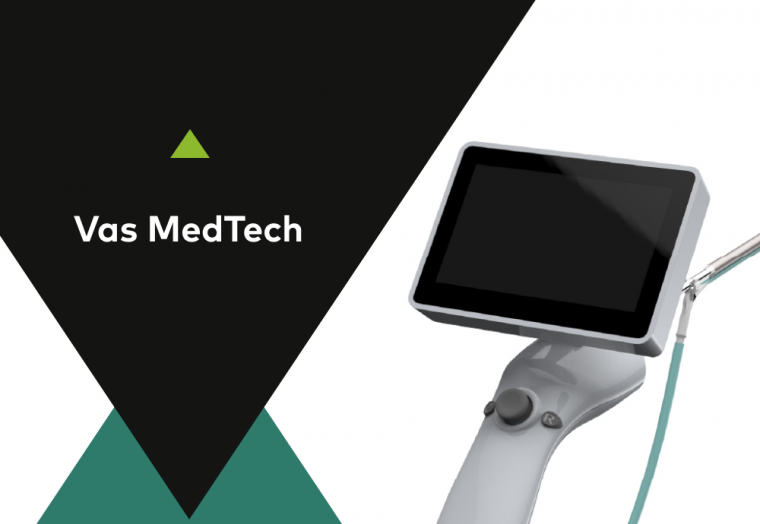
Venture Spotlight: Vas MedTech
Vas MedTech offers FlexiGyn, a portable, user-guided, and minimally invasive diagnostic camera that can operate in less specialized settings. This innovation is not only cost-effective, but also enhances accessibility. FlexiGyn enables community primary healthcare providers, such as nurses and general practitioners, to perform initial screenings and seamlessly consult with gynecologists for further diagnosis and referrals. FlexiGyn aims to make comprehensive women’s health care more accessible and convenient than ever before, thus addressing a global disparity in women’s health services.
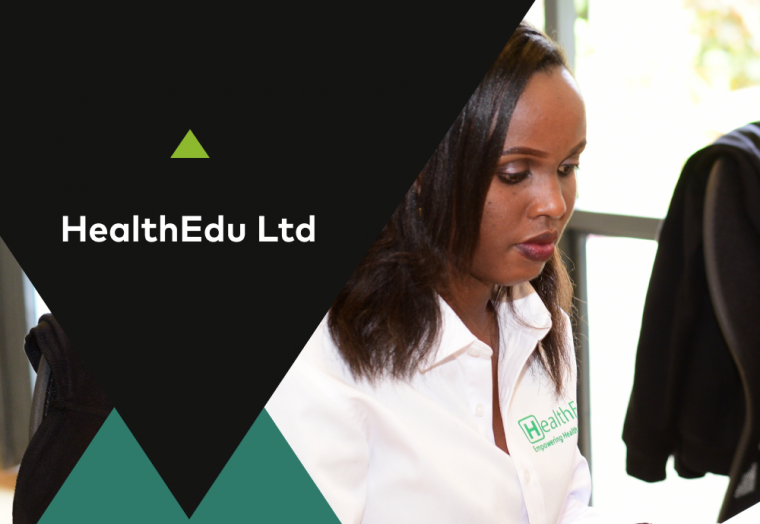
Venture Spotlight: HealthEdu Ltd.
HealthEdu aims to confront the pressing need for a unified, easily accessible platform catering to the educational needs of healthcare professionals. HealthEdu creates a supportive community wherein practitioners, health organizations, and academic institutions converge to exchange insights, glean best practices, and collectively elevate standards of care.
